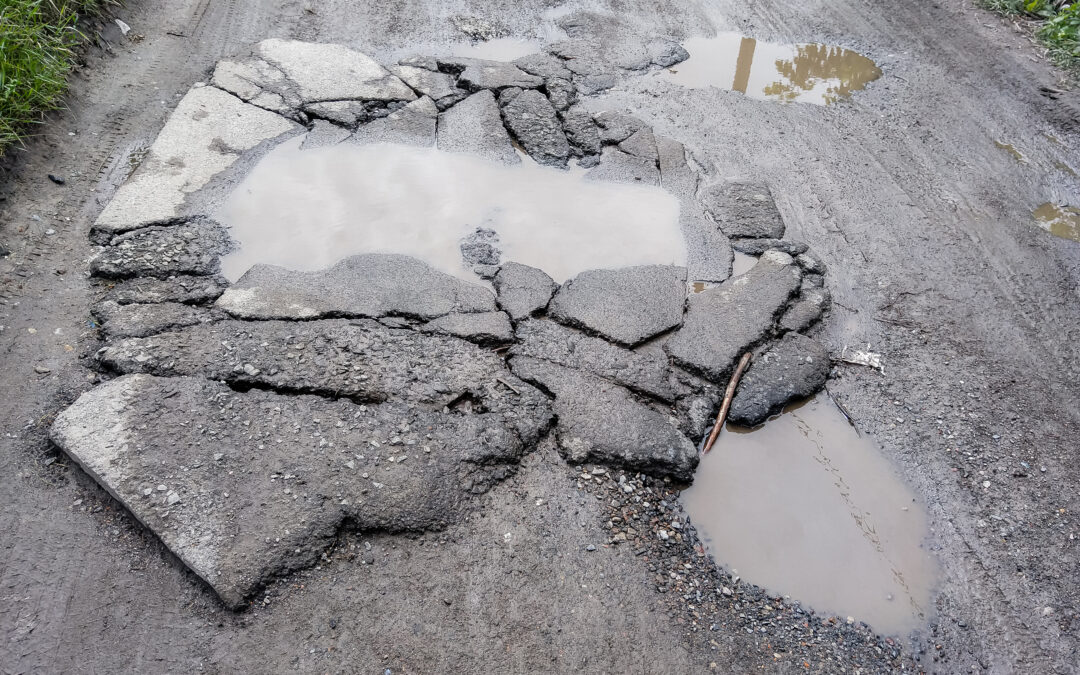This story appeared in WILX. Read more here.
Michigan lawmakers passed the fiscal year 2025 budget just before they broke for summer recess. The budget includes billions of dollars in funding to continue repairing Michigan’s roads and bridges. However, concerns are being raised as much of that funding is expected to dry up after next year.
By 2026, the state will have used up the last of the $3.5 billion it borrowed as part of the Rebuilding Michigan Plan.
After years of repairs to the state’s roads and bridges, many Michigan drivers say they’ve noticed a difference but say more work still needs to be done.
“They’re not great; the potholes are terrible in some neighborhoods, but the main roads are getting there. So, I feel like we’re getting somewhere,” East Lansing resident Kylie Humble said.
Next year’s state budget includes $4.2 billion for more road construction projects. However, Lance Binoniemi at the Michigan Infrastructure and Transportation Association (MITA) said after 2025, the bond program will run out of money. He said the state would then need to find nearly $4 billion annually for the next 20 years in order to pay off the interest and keep up with deteriorating roads.
“We need to focus on this a little more than what we currently are. Our current budget really is just a flat budget of our current revenues that we’re getting from the gas tax and registration fees,” Binoniemi said.
A report from the Michigan Department of Transportation shows that by 2034, 80% of the state’s pavement will be in fair or poor condition. Binoniemi said lawmakers need to find a long-term solution fast.
“This is the best our road condition will be if we do nothing. The roads don’t get better on their own; they don’t repair themselves, and so we need to actually invest more money to get those repairs moving,” Binoniemi explained.
State lawmakers are considering replacing the gas tax and instead charging drivers a fee for every mile they drive. Other states that have begun implementing a per-mile fee, like Utah, charge drivers an annual flat fee or a little over a penny per mile.
“We would really hope that lawmakers focus on the urgency where we currently sit. Again, revenues decline sharply starting next year and into future years,” Binoniemi said.

